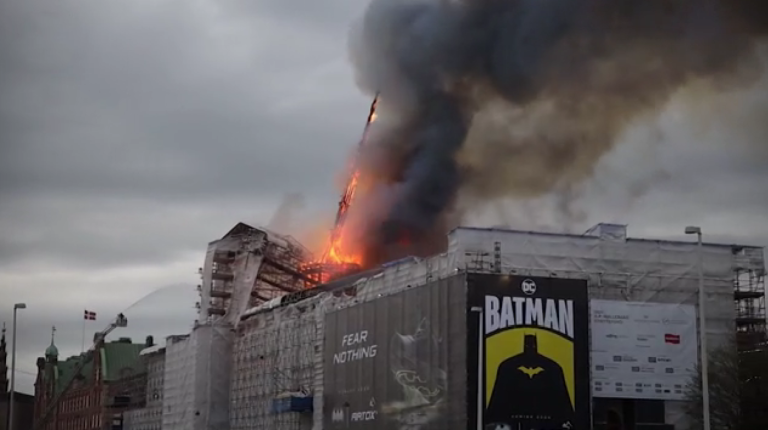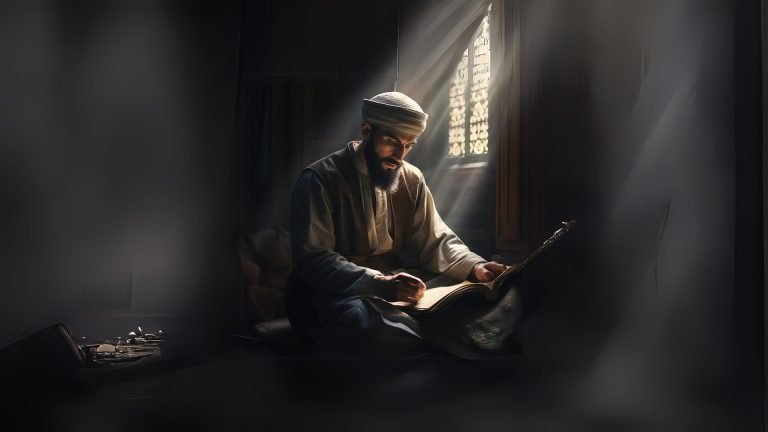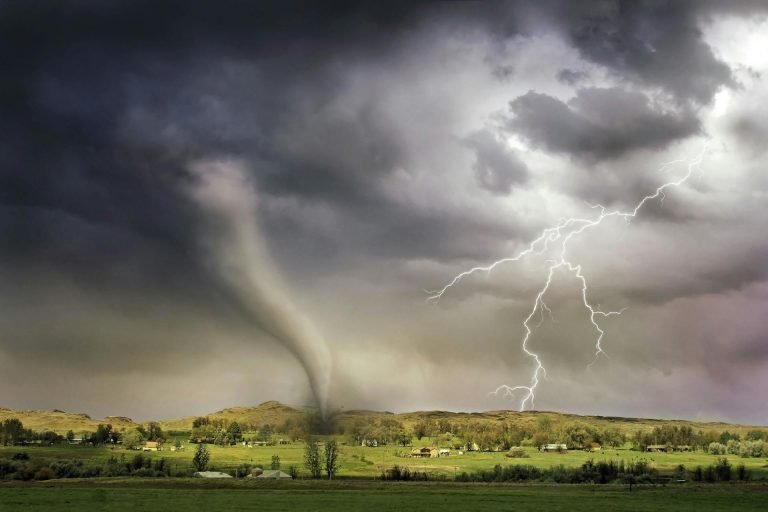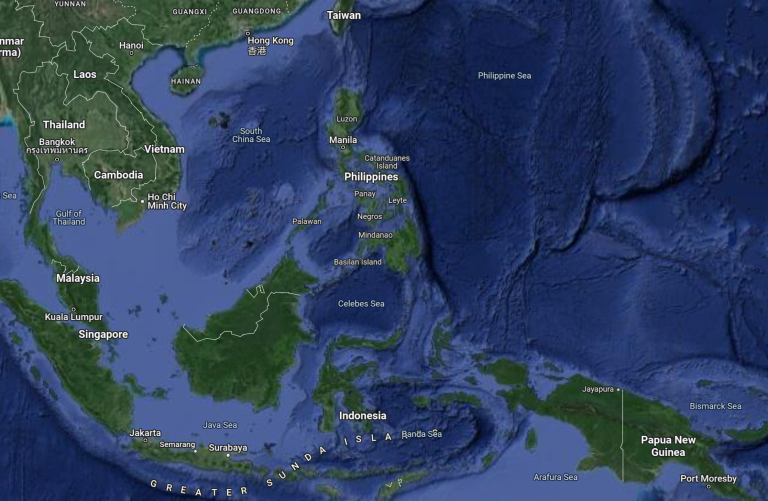Tensions Mount: Russia Announces Nuclear Drills Amidst Heated Exchanges with the West
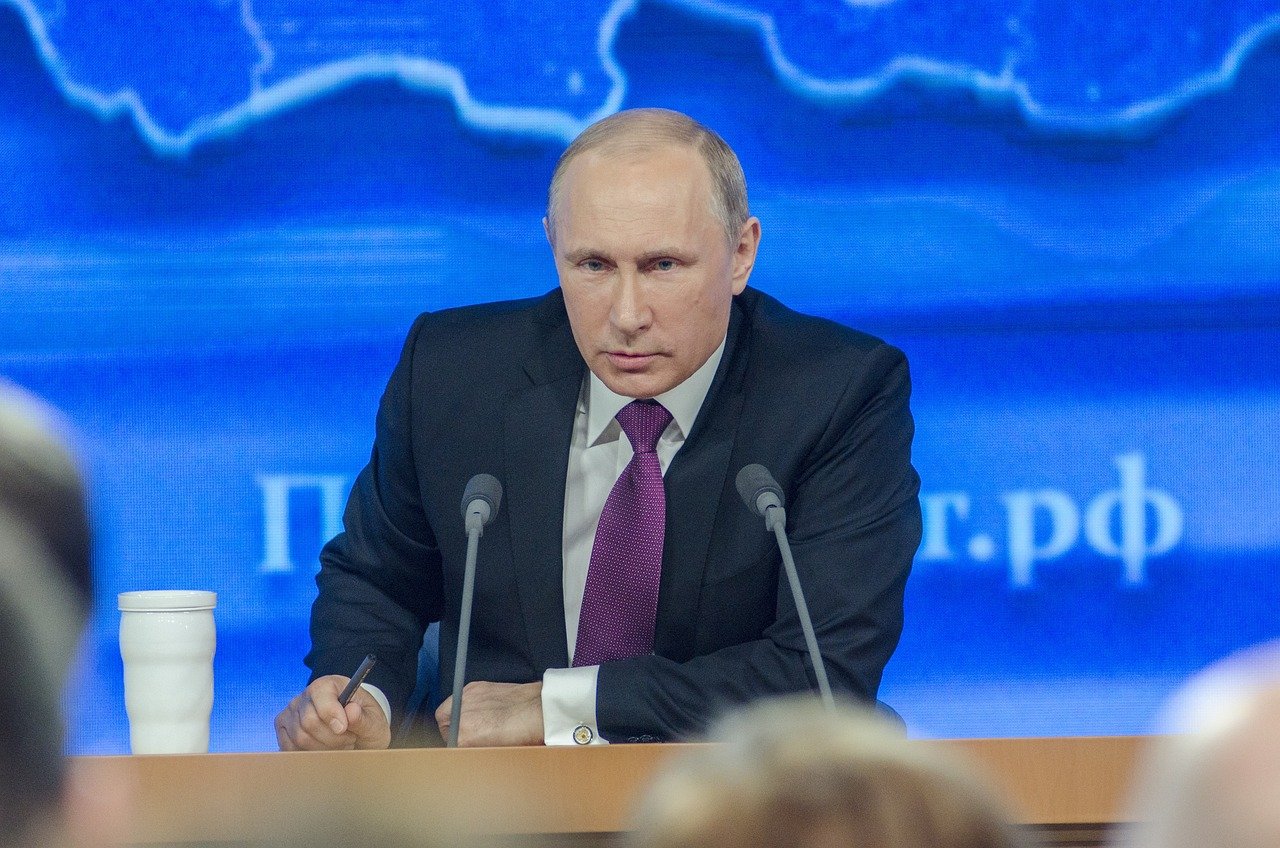
In a world teetering on the delicate balance of peace and conflict, Russia’s recent announcement of nuclear weapon drills has captured global attention. This move comes after a series of sharp exchanges with Western officials, notably involving threats to British military facilities and indications of heightened military preparedness. The timing is critical, coinciding with political milestones and regional tensions that paint a complex picture of international relations and security concerns.
Provocative Exchanges and Military Threats
The catalyst for Russia’s latest military maneuvers appears to be a series of blunt and provocative statements from Western leaders concerning their possible deeper involvement in the Ukraine conflict. After the UK and other Western nations expressed intentions to support Ukraine more assertively, including the potential use of British-supplied long-range weapons against Russian targets, Moscow’s response was swift and stern.
Russian authorities, after summoning the British ambassador, did not mince words, warning of possible retaliatory strikes on British military installations, whether located in Ukraine or elsewhere. This rhetoric underscores a significant escalation in verbal hostilities, raising the stakes in an already volatile conflict.
Significance of the Drills
The announced drills are not just routine preparations; they are a direct response to what the Kremlin perceives as Western provocations. For the first time publicly, Russia is focusing on the operational readiness of its tactical nuclear forces—those meant for use on the battlefield as opposed to strategic nuclear arms designed for large-scale destruction. These exercises are intended to send a clear message to the West about Russia’s readiness to escalate its defensive posture up to and including the use of nuclear weapons.
Global Concerns and Condemnations
The international community has reacted with a mixture of concern and condemnation. UN officials have expressed alarm over the increasingly casual mentions of nuclear weapons and the heightened risks of a catastrophic miscalculation. Western nations, while reiterating their support for Ukraine, have also warned of the dire consequences of a nuclear escalation.
Countries like Sweden have labeled the drills as contributing to “increasing instability,” highlighting the precariousness of the current geopolitical climate. Comments from Western leaders have also evolved, reflecting a growing recognition of the serious implications of Russia’s military moves.
Dialogue and Diplomatic Efforts
In response to these developments, diplomatic channels remain fervently active. Ambassadors have been summoned, and stern warnings have been exchanged. However, the efficacy of diplomacy in de-escalating the situation remains uncertain. Each side appears entrenched in its position, with little room for compromise visible in the immediate future.
Russia’s Victory Day and Political Milestones
The timing of the drills is symbolically significant. They are scheduled around Russia’s Victory Day celebrations and amidst the inauguration of Russian President Vladimir Putin for another term. These events are not only pivotal to Russia’s national identity but also reflect the deep-seated historical narratives that influence current policies and military strategies.
Western Military Support and Strategic Calculations
The West’s military support for Ukraine, including the provision of advanced weaponry and financial aid, has been a cornerstone of the NATO response to the conflict. This support has been critical in sustaining Ukrainian resistance against Russian advances. However, it also forms the crux of the Kremlin’s grievances and justifications for its heightened military readiness.
Escalation or Negotiation?
The path forward is fraught with potential perils. On one hand, the drills could lead to further militarization of the conflict, potentially drawing more participants into a wider confrontation. On the other hand, they could serve as a bargaining chip in future negotiations, where displays of military might precede diplomatic overtures for peace.
Impact on Global Security Architecture
Regardless of the immediate outcomes, the ongoing situation is likely to have lasting impacts on global security frameworks. Alliances may be tested, and new security pacts formed as nations reassess their strategic priorities and threat perceptions in light of Russia’s actions and the West’s responses.
As the world watches closely, the unfolding events will undoubtedly shape the contours of international relations for years to come. The balance between deterrence and diplomacy has never been more critical, and the decisions made now will determine the safety and stability of the global order. In these troubled times, the hope for peace remains persistent, even as the drums of conflict sound ever louder.
